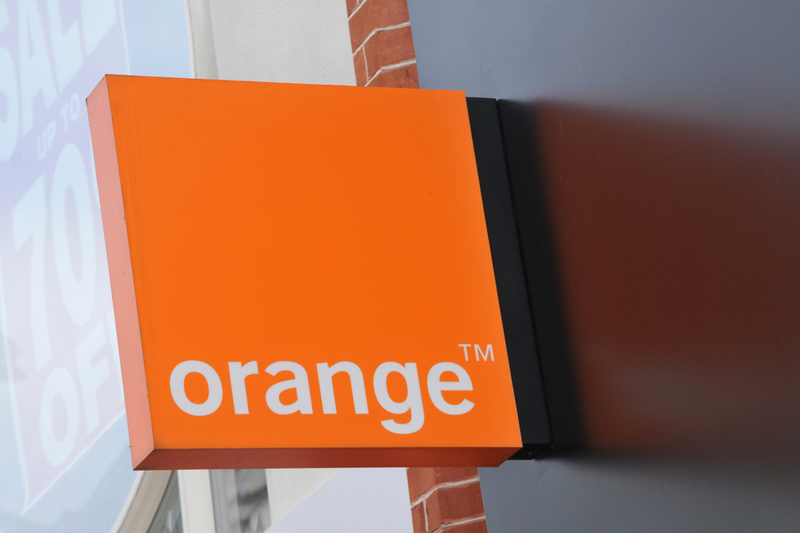By Leila Abboud
PARIS (Reuters) - The French state will get double voting rights at telecom group Orange (PA:ORAN) in 2016, potentially allowing it to sell some of its 25 percent stake without losing influence as it takes advantage of recent legislation.
France's "Florange" law, passed last year and named after a closed steel factory, gives double voting rights to investors who register shares in their name and hold them for at least two years.
The agenda published on Friday for Orange's May 27 annual shareholders' meeting show it has not proposed a resolution to keep one share one vote, meaning longer-term investors will gain double rights when the law takes effect next year.
Similar moves to give the state double voting rights are underway at EDF (PA:EDF) and GDF-Suez (PA:GSZ).
Double voting rights are already common in France, unlike in the United States and Britain where the one share, one vote principle is considered a cornerstone of good corporate governance.
Twenty-two companies in France's blue-chip CAC-40 index (FCHI) of 40 companies already have some form of double voting rights and more will join once the Florange law takes effect.
But not all are following the trend. Of the 13 blue chips without double voting rights, nine including Renault (PA:RENA) and BNP Paribas (PA:BNPP) have proposed resolutions at upcoming shareholder votes to maintain one share, one vote systems.
With the Florange law, the state will be able to maintain its sway at Orange even if it decides to eventually sell down its stake. State representatives hold three of 15 board seats at Orange and the government chooses the chief executive, so state influence is already strong.
France's state investment fund Bpifrance owns 11.6 percent of Orange and the state owns 13.4 percent.
Selling down such holdings is a way for France to reduce debt at a time of sluggish growth and pressure from Brussels to balance the budget.
France has committed to selling 4 billion euros (3 billion pound) worth of shares this year and Economy Minister Emmanuel Macron pledged in October to sell between 5 and 10 billion euros worth of state holdings in the next 18 months.
In March the state sold 4 percent of defence and aerospace group Safran (PA:SAF) worth about 1 billion euros.
